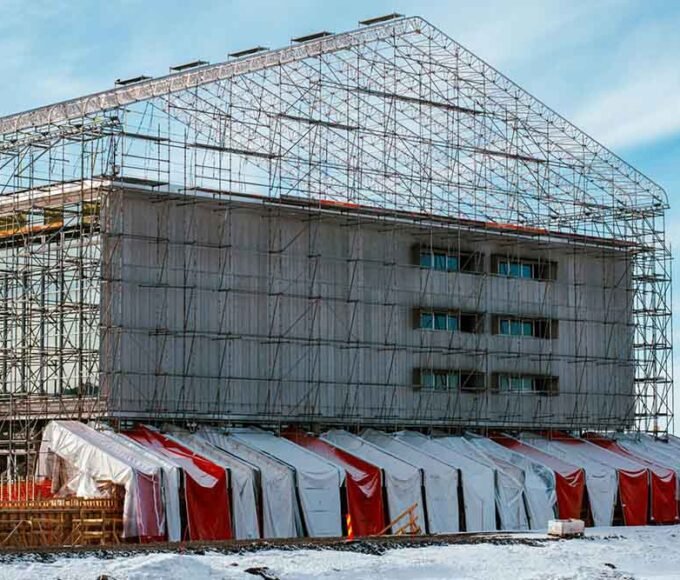Construction companies in Lake Stevens, WA, are vital entities in the building industry, responsible for the creation of infrastructure, residential, and commercial properties. These companies manage and execute construction projects from conception through completion, handling various tasks including design, procurement, site development, and construction itself. Understanding the scope and capabilities of these companies can provide valuable insights into how major projects are brought to life.
Project Management in Construction
Effective project management is crucial in construction. Construction companies employ project managers to oversee projects, ensuring they are completed on time, within budget, and according to project specifications. These professionals coordinate tasks, manage teams, and solve problems that arise during construction. Successful project management in construction also involves risk assessment and the implementation of strategies to mitigate potential delays and cost overruns.
The Role of Technology in Modern Construction
Technology plays a significant role in modern construction processes. Advanced tools and software such as Building Information Modeling (BIM), drone technology, and project management software streamline operations and enhance precision. These technologies allow construction companies to create more accurate designs, improve site safety, enhance communication among stakeholders, and optimize resource allocation.
Safety Standards and Compliance in Construction
Safety is paramount in the construction industry. Construction companies are obligated to adhere to strict safety regulations to protect workers and the public. This involves implementing comprehensive safety programs, conducting regular safety training, and ensuring that all equipment and practices comply with local and national safety standards. Maintaining high safety standards minimizes the risk of accidents and injuries and enhances the company’s reputation.
Environmental Considerations in Construction
Environmental responsibility is increasingly important in construction. Companies are adopting sustainable practices and materials to minimize environmental impact. This includes waste management, the use of green building materials, and the implementation of energy-efficient systems. Construction companies that prioritize environmental sustainability not only comply with regulations but also contribute to the development of eco-friendly communities.
Supply Chain and Vendor Management
Effective supply chain management is critical for the success of construction projects. Construction companies must ensure that materials are delivered on time and meet quality standards. This requires careful selection of vendors and ongoing management of procurement processes. Strong relationships with suppliers can lead to better pricing, higher-quality materials, and more reliable delivery schedules.
Financial Management in Construction
Robust financial management is essential for the stability and profitability of construction companies. This includes budgeting, financial forecasting, and managing cash flow. Construction managers must work closely with financial analysts to monitor expenses, make cost-effective decisions, and ensure the financial health of the company throughout each project.
Human Resources in Construction
Human resources are a critical component of any construction company. This sector is responsible for recruiting skilled labor, managing employee relations, and ensuring compliance with labor laws. Effective human resource management ensures that the company has a qualified, motivated, and efficient workforce.
Client Relations and Business Development
Building and maintaining strong client relationships is fundamental to a construction company’s success. Effective communication, transparency, and delivering quality work are essential for client satisfaction. Additionally, business development strategies such as networking, marketing, and strategic partnerships are crucial for attracting new clients and expanding the business.
Challenges Facing the Construction Industry
The construction industry faces several challenges, including fluctuating material costs, labor shortages, and regulatory changes. Companies must be adaptable and proactive to navigate these challenges successfully. Staying informed about industry trends and continuously improving internal processes can help construction companies remain competitive.
Construction companies play a pivotal role in shaping our built environment. They manage complex logistics, comply with numerous regulations, and employ a diverse workforce, all while striving to meet their clients’ specific needs. These companies’ success is measured not only by the structures they build but also by their impact on communities and the environment. As the industry evolves, construction companies that embrace innovation, uphold high standards, and focus on sustainable practices will continue to thrive and contribute significantly to global development.
















